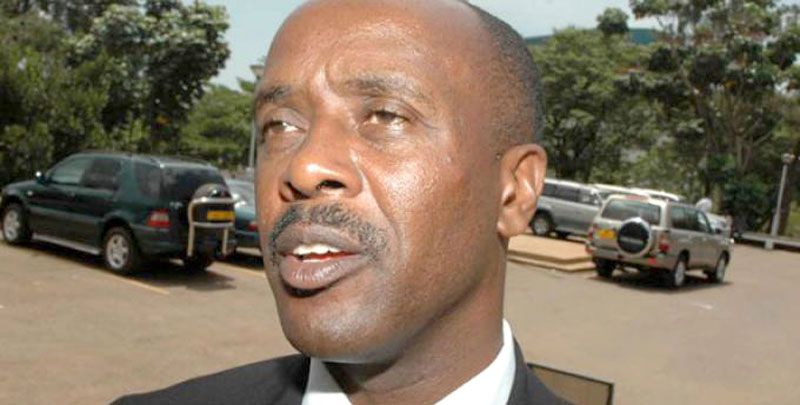
Henry Banyenzaki, again.
Banyenzaki has criticized President Museveni for failing to demonstrate his commitment to fight against corruption despite making many verbal statements to the same.
Banyenzaki observed that although Uganda has received billions of dollars from donors enough to transform the economy, Uganda remains trapped in poverty and vulnerability because of corruption and weak institutions that cannot make useful use of the money.
He made the comments while speaking at the World Bank Open Day event held on Wednesday this week at Kololo airstrip. The event was held under the theme: Leaving a Positive Footprint, Putting the People at the Center of Development.
“How many times has President Museveni just spoken about corruption promising to use his might to fight it? But again, how many people has he fired in regard to embezzlement of public funds. We don’t want just words but actions,” Banyenzaki said attracting applause from the congregation.
Asked what he did about the problem while serving as the state minster for economic monitoring until the last cabinet reshuffle, Banyenzaki said: “I am not the President. What executive powers did I have to sack anyone? ”
Banyenzaki is not the first to cite corruption as one of the biggest obstacles to Uganda’s economic growth and development.
Banyenzaki’s comments come in the wake of a confidential World bank report released in 2014 that discovered that a significant proportion of the Bank’s support was embezzled. The bank has since been advised to re-direct its support away from budget support towards project support run by independent or semi-independent autonomy.
Makerere University Business School (MUBS) Economics lecturer Ramathan Ggoobi agreed with Banyenzaki that Uganda’s problem is not the shortage of resources but rather the misuse of resources.
But Ggoobi goes a step further to argue that the problem of resource wastage was partly created by the donors themselves who failed to introduce reforms to support the private sector following the era of deregulation in the 1990s, during which the role of the government were diminished.
Ggoobi explains that the private sector-led development model that is being mentioned repeatedly is not only obsolete but also ineffective.
“That model was only appropriate when we were still a transitional economy, transiting from a centrally planned economy to a market economy. After that transition, we needed second generation reforms which can properly define the roles of the private sector and those of government. But unfortunately those reforms are not yet in place,” Ggoobi said.
Asked to comment about Banyenzaki’s comments, Shaban Bantaliza, the deputy government spokesperson told The Sunrise that the former minister is simply playing to the gallery.
“Banyenzaki should know that it is not the duty of the President to arrest corrupt individuals but he (the president) has, through the government, put in place anti corruption institutions and laws which is the necessary and enabling environment to fight corruption,” said Bantaliza.

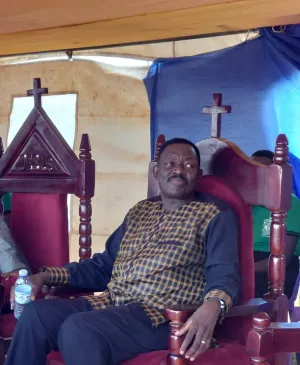
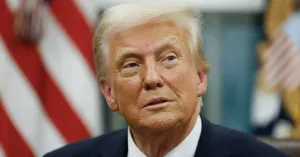
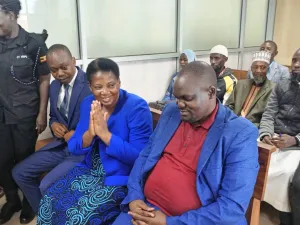

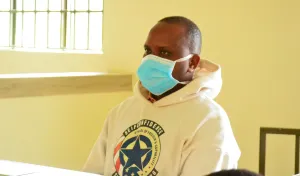

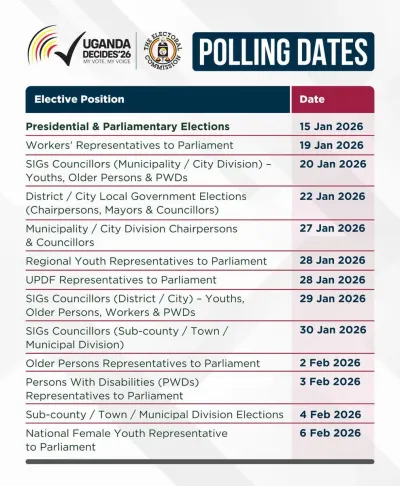





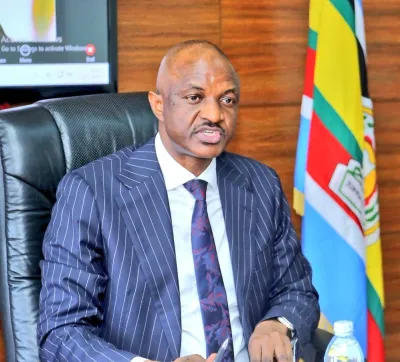

Sunrise reporter
Leave a Comment
Your email address will not be published.